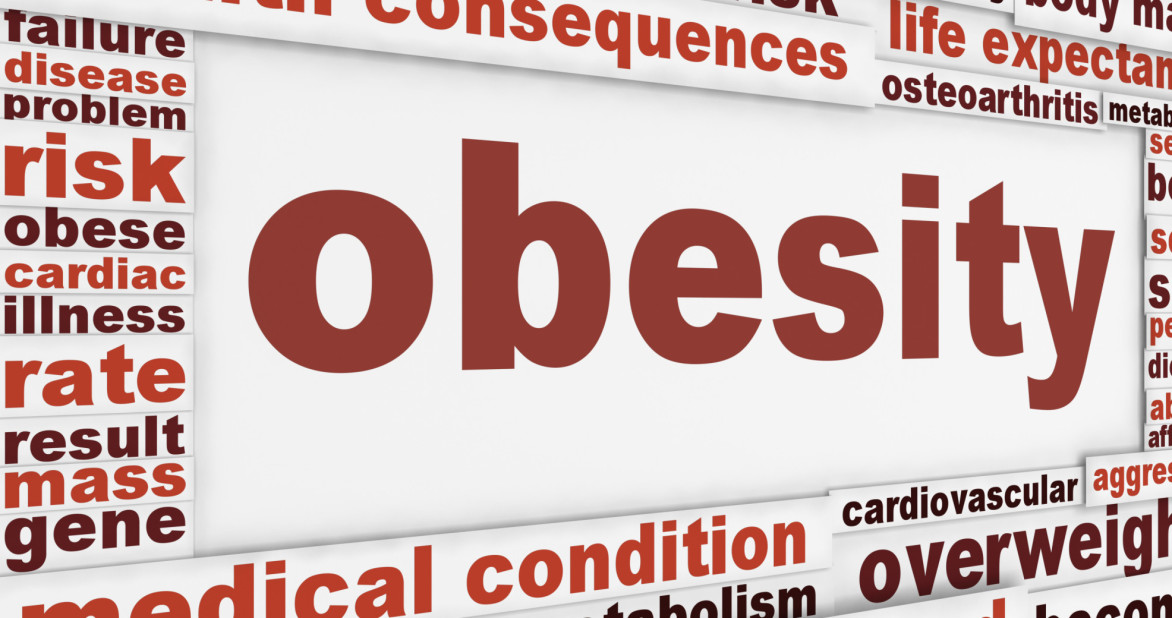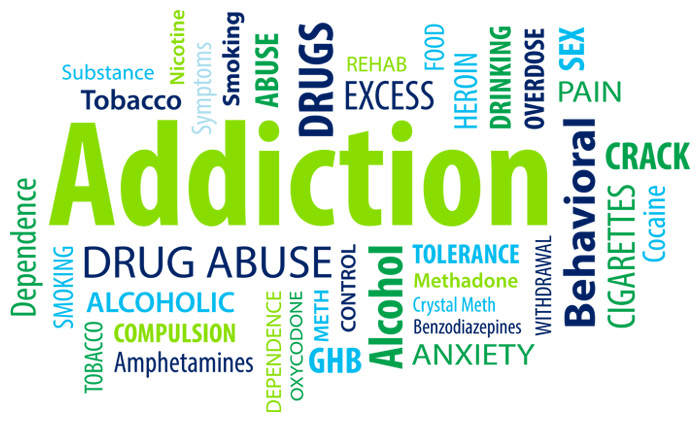Childhood obesity discovery

Childhood obesity discovery if done in good time can help in arriving at quick solutions
Childhood obesity discovery: Causes of being obese and overweight
Obesity and overweight are a serious threat to human life, allowing this to happen in one’s life is not only harmful but also life shortening. We must do all it takes to ensure our safety from these conditions. Doing this is only possible when we demonstrate by good example to our children that we are living a healthy lifestyle. If this is done, we will not have time talking about childhood obesity discovery. Because we will be careful in monitoring their growth and development ensuring that they are healthy and active. As good parents, we must be knowledgeable of the causes, precautions and solutions. If your child is obese or overweight, it means that they are carrying excess body fat and if no action is taken, the extra weight may cause problems in their health.
You may not have any idea how to go about this because for sure it is not easy. We want to be of help to you and your children by inviting you to schedule an appointment with experts at AWAREmed Health and Wellness Resource Center under the able leadership of doctor Dalal Akoury’s care. We have a team of well trained and experienced experts who are waiting to receive you with dignity and help you establish whether your child is overweight or obese by calculating their body mass index (BMI). This is a measurement of your child’s weight in relation to their height as we do this, remember that a child’s BMI is not interpreted in the same way as for adults. Their BMI is charted on special growth charts which show how your child’s BMI compares with the normal range for children in the same age bracket, sex and ethnic background.
Childhood obesity discovery: Health risks for overweight or obese children
Children who are overweight or obese can develop health problems during childhood because of their weight. Health complications may include:
- Type 2 diabetes
- High blood pressure
- Fatty liver disease
- Gallstones and
- Signs of heart disease
The disturbing thing is that these health complications have traditionally been associated with adults, where overweight and obese adults are having an increased risk of developing them. However due to the intensifications in the levels of childhood obesity, these obesity-related health complications are affecting much younger people today. Therefore a child who is overweight or obese will most likely develop the following complications besides the already mention above:
- Going through puberty early.
- Being overweight or obese as an adult (more than half of children who are obese will grow up to be obese as adults).
- Joint problems, including osteoarthritis and separation of the ball of the hip joint from the upper end of the thigh bone (slipped capital femoral epiphysis).
- Developing iron deficiency and vitamin D deficiency.
- Breathing problems, including worsening of asthma, obstructive sleep apnea (difficulties with your child’s breathing whilst they are asleep) and feeling out-of-breath easily when they are exercising.
Finally, being overweight or obese at this tender age can also have psychological effects for some. It may lead to low self-esteem and serious lack of confidence. The victim may be subject to bullying because of their weight. They may become withdrawn and avoid social contact. It may lead to low mood and, in severe cases, depression. When these conditions are recognized and treated at their initial stages of development some of these health problems may be reversed, or even prevented.
Childhood obesity discovery: Causes of being obese and overweight
http://www.integrativeaddictionconference.com/wp-admin





